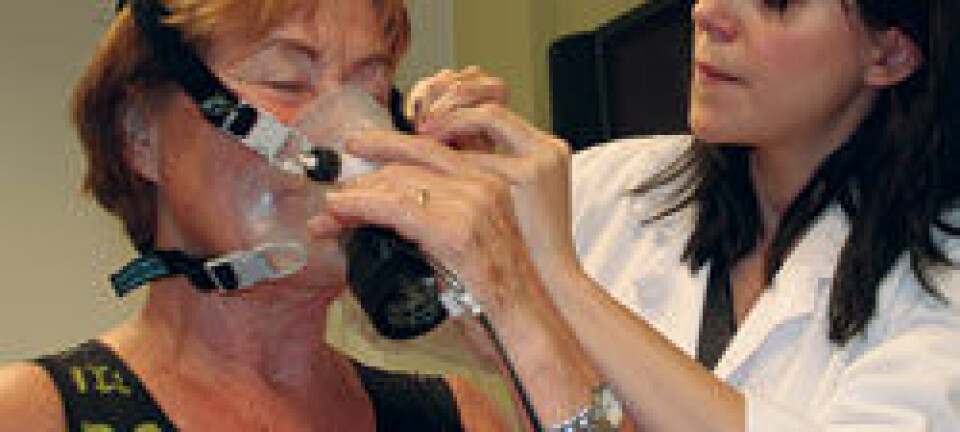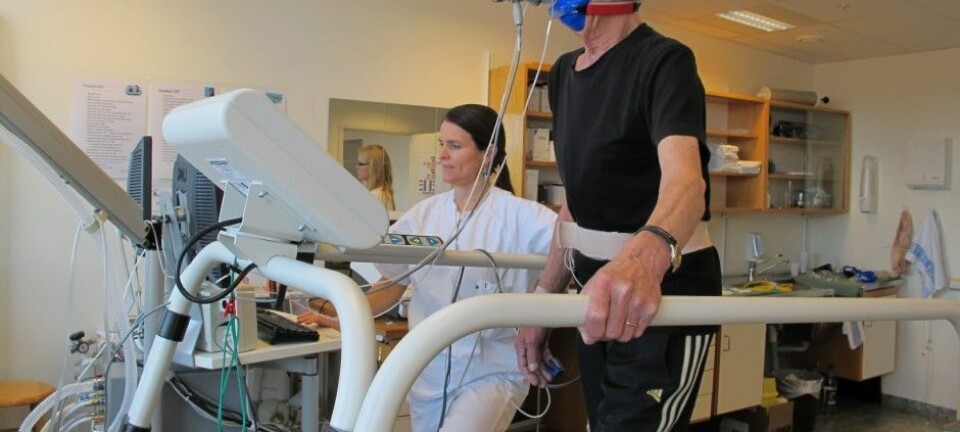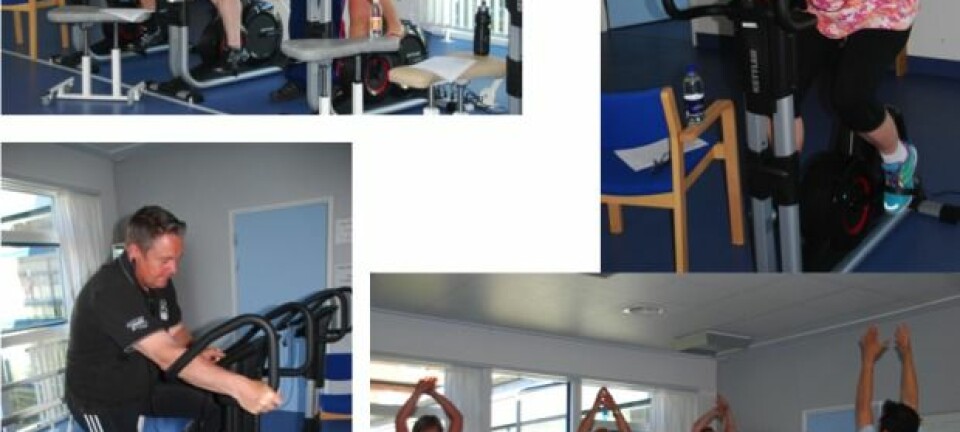
How exercise can slow the spread of cancer
“Thorough and solid” study suggests why intense training is so effective at preventing cancer.
A new study shows that exercise is an effective way to prevent cancer. Adrenalin released during intensive training prevents the spread and development of metastases elsewhere in the body.
This not only restricts the spread of cancer but also makes it easier to treat.
“Our study indicates that it’s probably optimal for women with breast cancer to perform high intensity exercise two to three times a week. It reduces the risk of spread of the disease,” says Pernille Hojman from the Centre for Active Health at Rigshospitalet, Denmark.
Hojman emphasises that exercise neither removes the risk of developing breast cancer or the risk of the cancer spreading per se. But exercise can reduce the risk of developing breast cancer by 25 per cent and potentially improve the chances of successful cancer treatment.
The study is published in Cancer Research.
Read More: Running can slow the growth of breast cancer cells
More evidence for the benefits of exercising
The new study offers the first insight into how exercise helps cancer patients, says Doctor Henrik Ditzel from the Department of Molecular Medicine at the University of Southern Denmark and the Oncology Department at Odense University Hospital, Denmark.
“The study suggests some mechanisms to explain the beneficial effect of exercise and it can inform cancer patients not only that exercise is good for them, but why,” says Ditzel, who studies breast cancer but did not take part in the new study.
He thinks that seeing the measurable effect of exercise on cancer will be beneficial for cancer patients.
Read More: Exercise improves patient health
Training halved the risk of cancer spreading in mice
Hojman and colleagues studied the relationship between exercise and cancer among 20 women undergoing chemotherapy treatment at the early stages of breast cancer.
They took blood samples from the women before and after a six-week training program, consisting of two hours of exercise at moderate to hard intensity.
They analysed the blood for adrenalin (epinephrine) and other exercise factors and then used the samples to grow breast cancer cells in culture. After a few days, they transferred the cancer cells to mice and observed a noticeable difference in the development of cancer among the mice.
Ninety per cent of the mice which received blood samples taken before exercise developed breast cancer. Whereas only 45 per cent of mice that received post-exercise cells developed breast cancer.
“We find approximately similar numbers as when we studied the connection between exercise and the spread of cancer in people. This suggests that there is something in the blood that helps to stop the spread of cancer cells,” says Hojman.
Further analyses showed that an “exercise-dependent induction of adrenalin accounts for all the beneficial molecular mechanisms that we observe,” she says.
Read More: Football helps male cancer patients recover
Helps explain why exercise is so effective
The new study can help to reach a molecular understanding of how exercise can help to stop the spread of cancer and make the disease easier to treat, says Hojman. And it applies to all types of cancer.
Her research suggests that exercise can have such a significant effect on breast cancer that it actually prevents the cancer cells from spreading. This makes it easier to treat and markedly increases the chance of surviving the disease.
“Now the plan is to see whether it also improves the outcome of chemotherapy. The goal is to find out how exercise influences the chances of surviving cancer, and which form of exercise and intensity gives the best odds.
-------------------
Read more in the Danish version of this story on Videnskab.dk
Translated by: Catherine Jex










